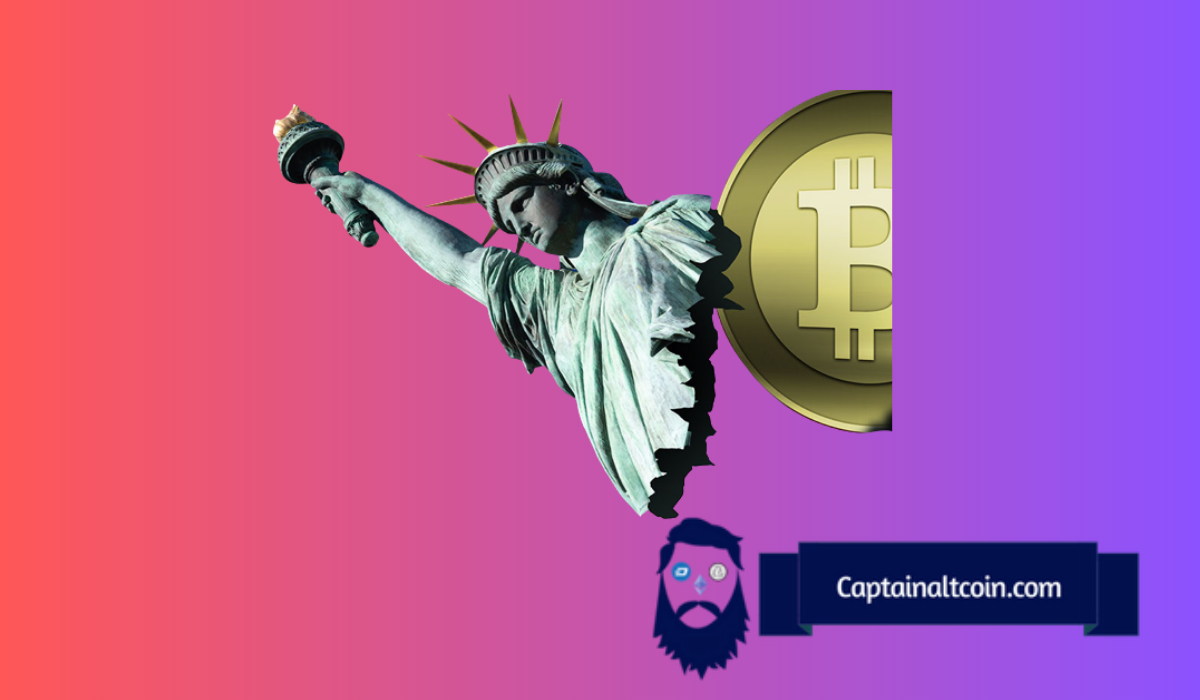
The U.S. government is currently walking a tightrope when it comes to cryptocurrency regulations. As the digital currency landscape evolves, so too does the regulatory approach, leading to a series of challenges and debates about the future of crypto in the country.
Regulatory Struggles and Crypto’s Changing Landscape
The current sentiment suggests that U.S. regulators are clamping down hard on the crypto industry. The once free-wheeling world of digital currencies is now facing stringent regulations, with some arguing that the technology is being stifled to the point of losing its original essence. There’s a growing concern: with tokens now classified as securities and Know Your Customer (KYC) protocols becoming almost ubiquitous, the very nature of crypto’s decentralized promise seems under threat. The overarching question remains: If assuming total control over crypto is a pipe dream, could the U.S. potentially ban the technology outright?
Doge2014 raises 500K in days celebrating Dogecoin. Make potentially big profits and get in on exclusive airdrop!
Show more +The U.S. government’s stance on crypto is paradoxical. On one side, there’s a clear reluctance to hinder a burgeoning industry that promises innovation and economic growth. Actively prohibiting cryptocurrency transactions could stymie this potential. Conversely, the government is resolute in its mission to curtail illegal crypto transactions, especially given the technology’s association with cybercrimes.
Deciphering the Complex Regulatory Web The U.S. regulatory framework for cryptocurrencies is intricate and remains a work in progress. Multiple regulatory bodies oversee crypto enterprises, leading to potential overlaps and ambiguities in their roles:
- Federal Oversight: A slew of federal institutions, such as the Securities and Exchange Commission (SEC) and the Commodity Futures Trading Commission (CFTC), play pivotal roles depending on whether a digital asset is categorized as a money transmitter, security, or commodity/derivative.
- Ongoing Evolution: The U.S. isn’t resting on its laurels. Efforts are underway to craft a holistic regulatory framework for digital assets. This involves regulators and lawmakers collaborating to crystallize requirements and mitigate the risks inherent in crypto ventures.
A Global Challenge It’s crucial to understand that the U.S. isn’t alone in this regulatory maze. As the crypto industry undergoes rapid transformation, nations worldwide are wrestling with analogous dilemmas, striving to strike a balance between fostering innovation and ensuring security and compliance.
We recommend eToro
Wide range of assets: cryptocurrencies alongside other investment products such as stocks and ETFs.
Copy trading: allows users to copy the trades of leading traders, for free.
User-friendly: eToro’s web-based platform and mobile app are user-friendly and easy to navigate.







